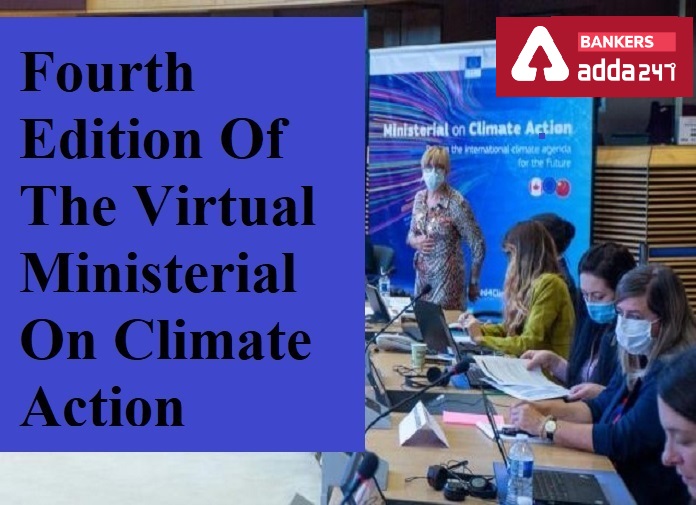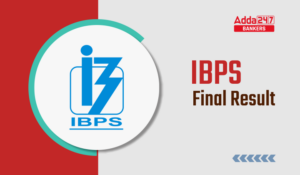Table of Contents
The Fourth edition of the virtual Ministerial on Climate Action was held to focus on aligning global recovery measures with the Paris Agreement along with enhancing resilience against future crises. The MoCA meet was held virtually amid the COVID-19 pandemic. It was co-chaired by the Canadian Minister for Environment and Climate Change Jonathan Wilkinson, the European Commission’s Executive Vice-President Frans Timmermans, and China’s Minister for Ecology and Environment Huang Runqiu. The virtual meeting also featured the participation of Ministers from G20 countries and other key parties in the UN climate negotiations. In the meeting, India was represented by the Union Environment Minister, Shri Prakash Javadekar.
Also Check,
- Environmental Performance Index 2020
- IMF releases “World Economic Outlook”
- GoI reviews extant Foreign Direct Investment (FDI) policy
- Union Cabinet Approves “Scheme for formalisation of Micro Food Processing Enterprises”
What is Ministerial on Climate Action (MoCA)?
The Ministerial on Climate Action (MoCA) is an annual meeting which enables ministers and high-level representatives from over 30 countries to deliberate on the implementation of the Paris Agreement via the promotion of ambitious climate action and the acceptannce of technical rules framed under the United Nations Framework Convention on Climate Change (UNFCCC). The participants of the annual meeting includes ministers and high-level representatives from over 30 countries, along with the ministers from the G20 as well as chairs of key party groupings in the UN climate negotiations.
Outcome of 4th session of the Ministerial on Climate Action (MoCA):
The 4th session of MoCA was a continued effort to demonstrate continued political commitment to global climate action. During the meeting, it was realised that societies around the world have been affected differently by the COVID-19 pandemic and they are at different stages in the process of planning for the recovery. The meeting also derived that the recovery from the ongoing COVID-19 pandemic must go hand in hand along the transition to low-carbon and climate resilient economies among the world’s major economies. It also appealed to the developed countries to play their part as intended under UNFCCC and its Paris Agreement, for providing financial as well as technological support to developing countries.
Also Check
What is the Paris Agreement?
To combat climate change and to fasten and intensify the actions for a sustainable low carbon future, participating parties to the UNFCCC reached a landmark agreement at COP 21 in Paris, on 12 December 2015. This agreement is known as Paris Agreement. It unites all nations into a common cause of undertaking ambitious measures to combat climate change and adapt to its effects, with continued assistance to the developing countries to do so.
The prime objective of the Paris Agreement is to strengthen the global response to the threat of climate change by maintaining a global temperature rise this century well below 2 degrees Celsius above pre-industrial levels. It also seeks to further efforts to limit the temperature rise even further to 1.5 degrees Celsius.
About UNFCCC:
UNFCCC stands for United Nations Framework Convention on Climate Change. It comprises of near universal membership of 197 Parties and is the parent treaty of the 2015 Paris Agreement. The secretariat was established in 1992 when countries adopted the UNFCCC.
You may also like to read:
- Current Affairs one-liners
- Current Affairs & Daily GK Updates 2020
- Download GA Power Capsule for Bank/Insurance Exams
Click Here to Register for Bank Exams 2020 Preparation Material
Visit Achieversadda.com and participate in discussions with other aspirants and achievers. Get answers to your queries and connect with others on Achieversadda.com
All the Best BA’ians for RBI Assistant Mains!



 Para Jumble Questions for SBI PO Exam
Para Jumble Questions for SBI PO Exam
 Fillers Questions for SBI PO Mains Exam ...
Fillers Questions for SBI PO Mains Exam ...
 IBPS Final Result 2025 Coming Out Tomorr...
IBPS Final Result 2025 Coming Out Tomorr...





